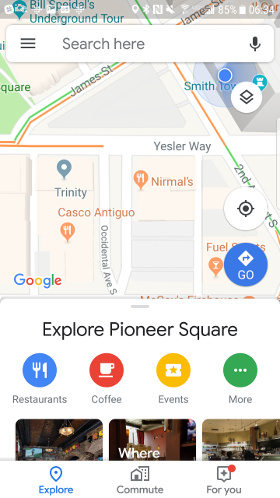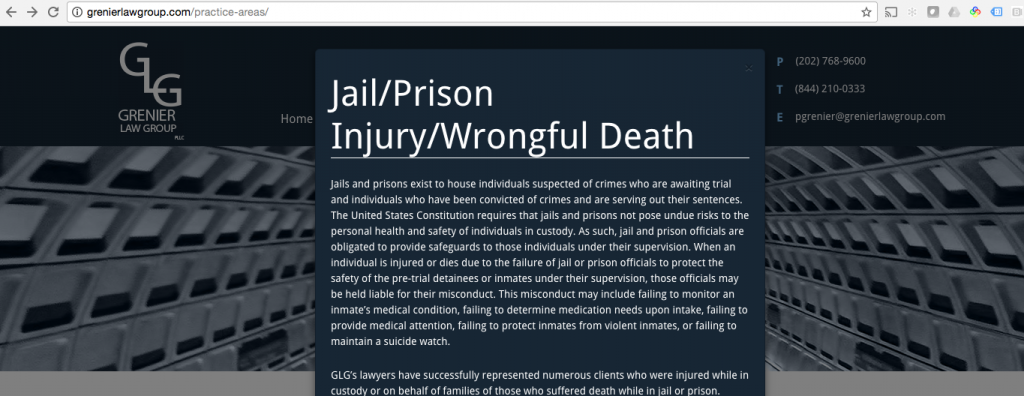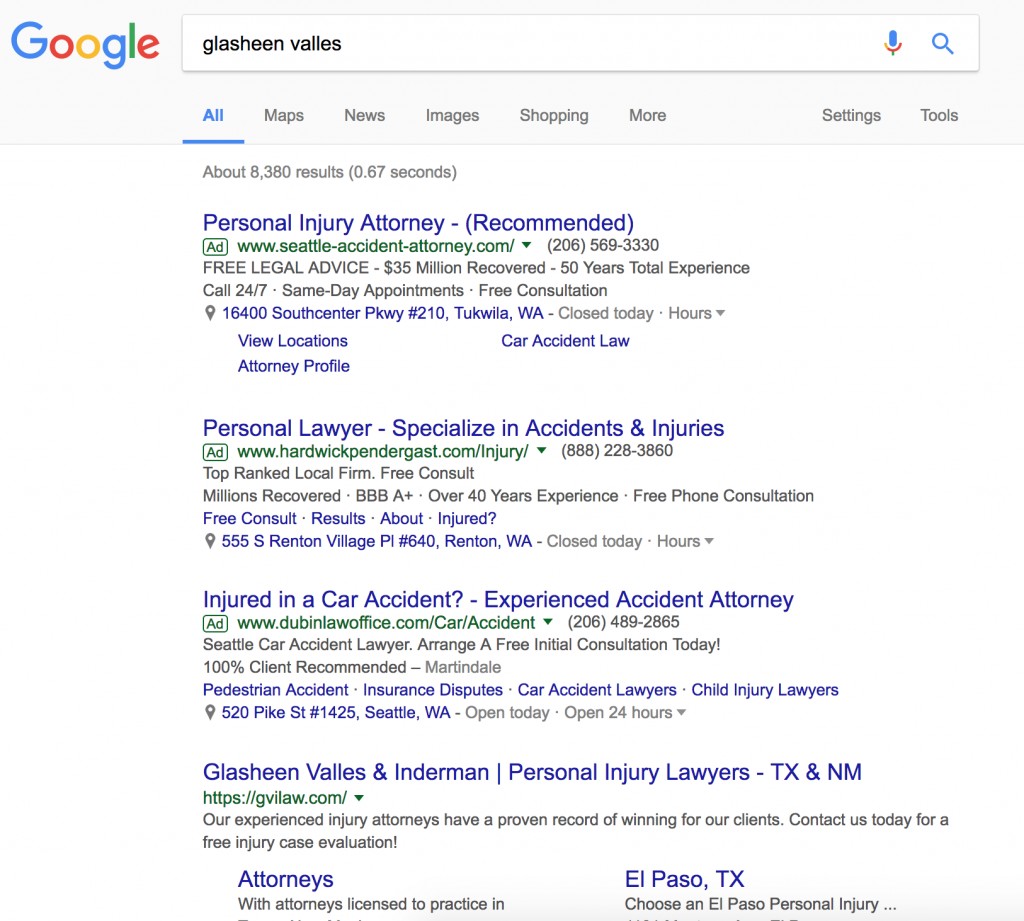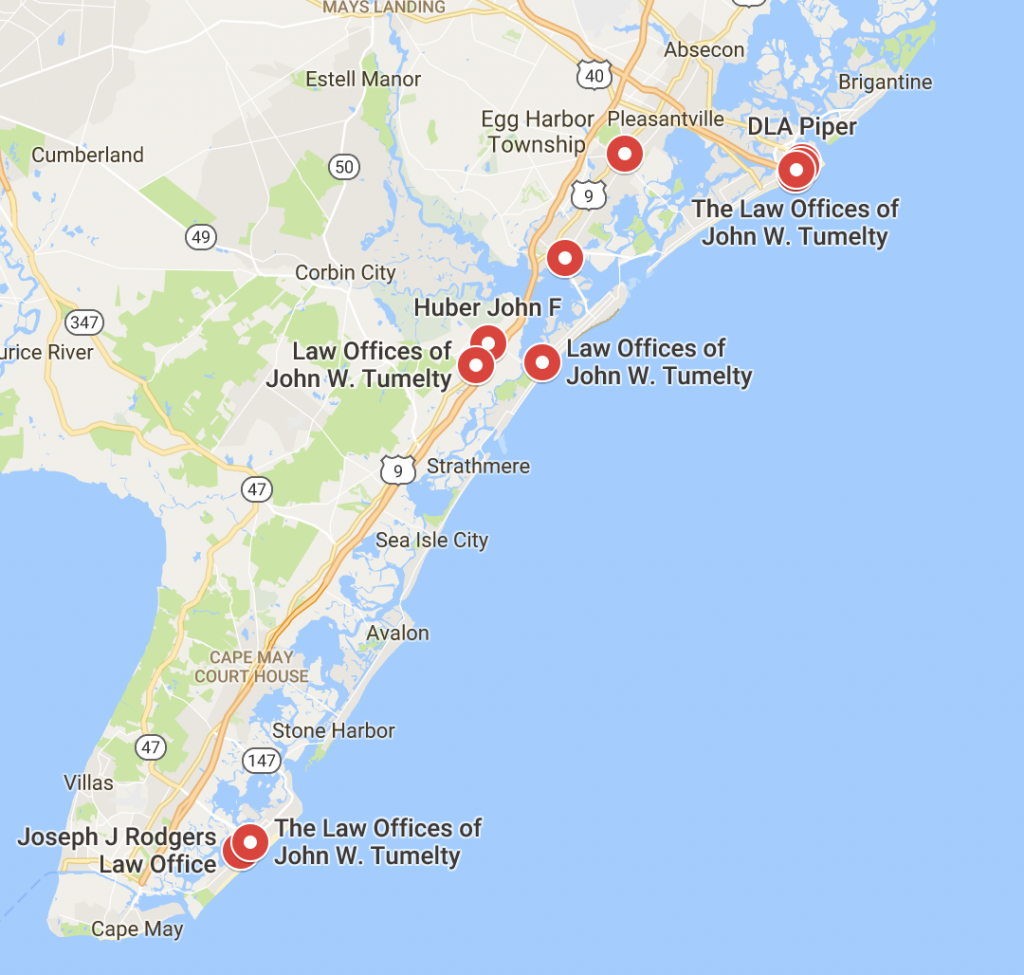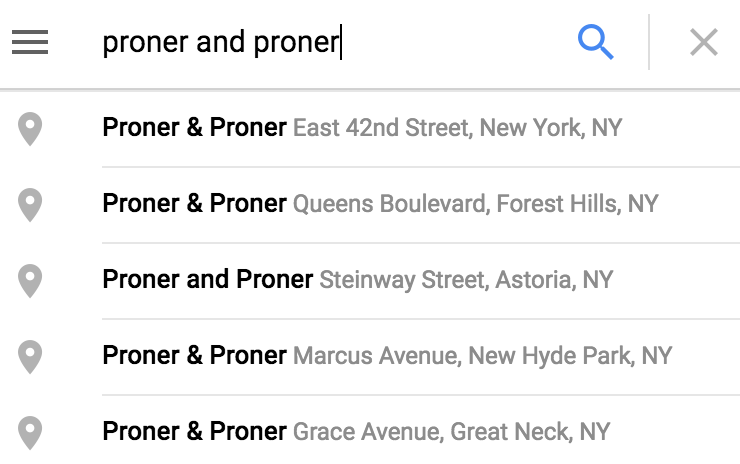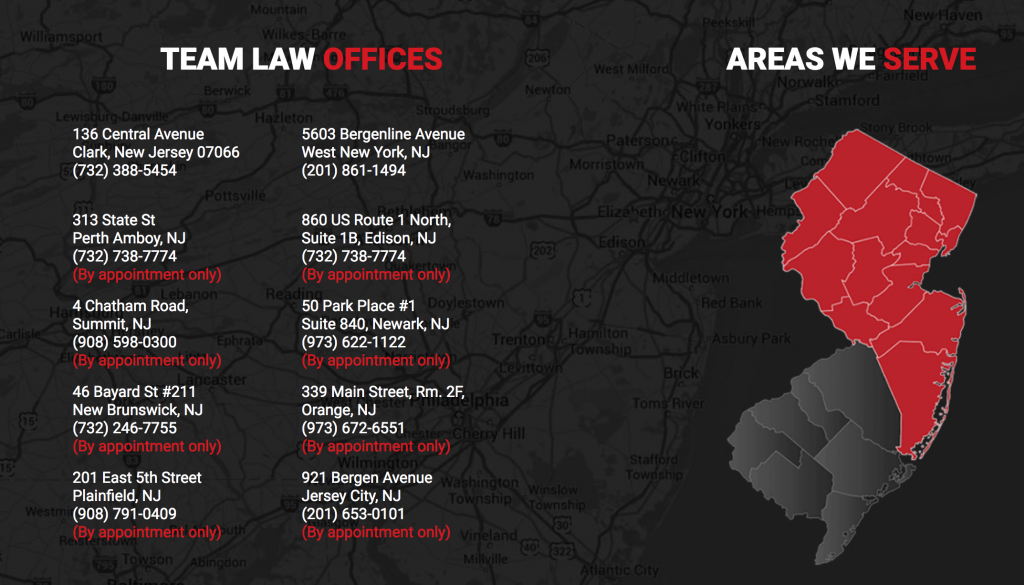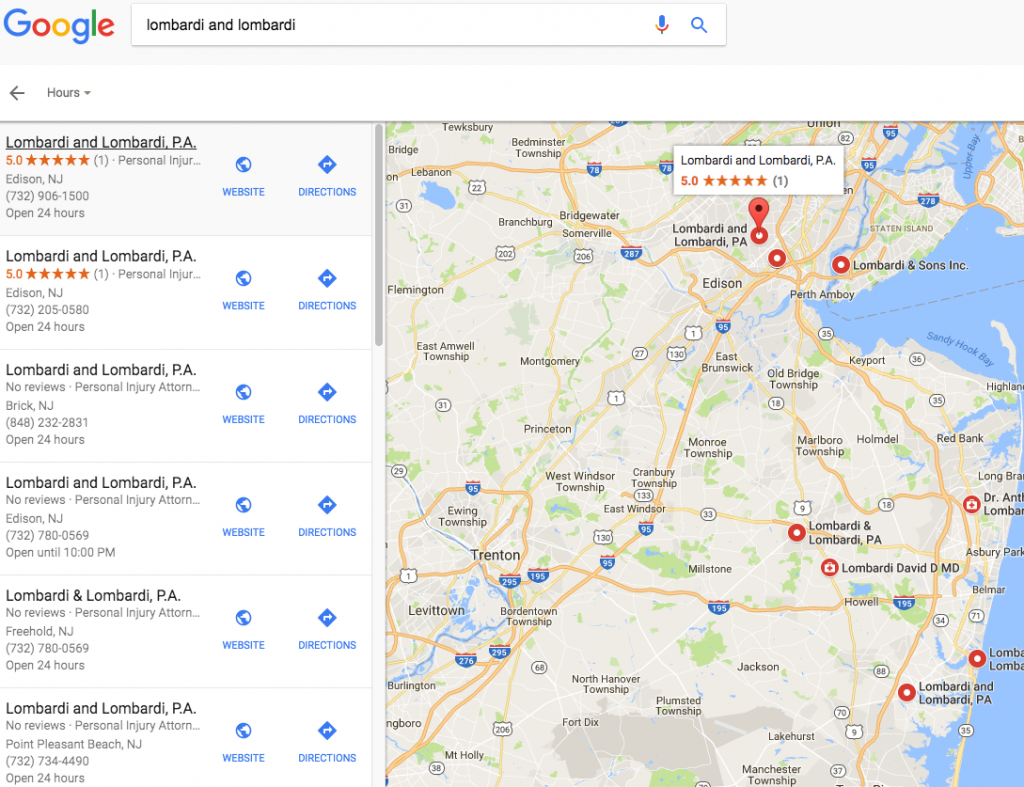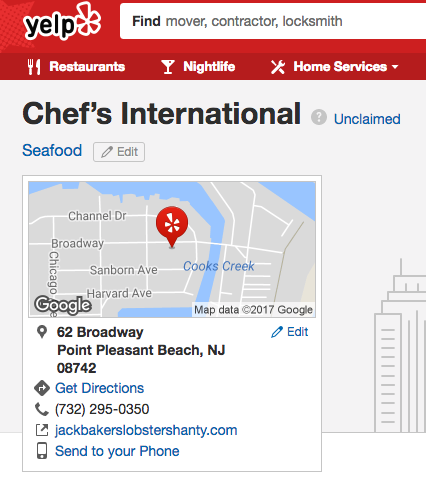If you grew up with an older sibling, cousin, or mean-spirited family member you might remember the “game” where your own hand was forcibly and repeatedly pushed into your face while the offending party mockingly taunted, “why are you hitting yourself?”
The game, if you can call it that, really only served the purpose of making you feel bad. It was a stupid exercise and entirely unwinnable.
Fast forward to now. You have a business. The days of having someone else bullyingly smush your hand into your face are way behind you. You’re all grown up.
Instead, you sit down at your computer and play a new equally unwinnable game: you Google yourself.
Why are you Googling yourself?
It’s easy to rationalize why checking in on your online presence by pretending to be a prospect would be the right way to stay tuned in to what’s really going on.
But it’s not.
Here are the reasons Googling your business is about as constructive as repeatedly hitting yourself in the face.
- It’s incredibly inefficient
How does a handful of one-off (and highly personalized) Google results provide you with any actionable information?
The best-case scenario is a lot of back patting and self-satisfaction. You’re number one in the rankings for the search you ran while logged into your gmail account and sitting in an office at the business you own. Well done. Now what?
Inversely, the worst-case scenario is your result is buried pages deep and now you’re combing through dozens of competitors that are kicking your ass for whatever search you just ran. What do you do with that information?
Either way, the answer is to start digging into more detailed metrics. Why not skip the first part and focus on the items that really matter?
This leads to the next reason…
- You have better metrics at your disposal
The most misleading rationale for Googling your business is the idea that you, “want to know how things are going.” That’s deceptive at best.
You already have a strong sense of how things are going.
You have access to your own books, your own analytics, and all your account information. You’re firmly dialed into the daily results and have a strong sense for how business is trending.
At the end of the day, most business owners will prioritize profit. This means clients and revenue are the most important metrics.
Beyond the bottom line of money and clients, qualified leads and inquiries are what drive your sales pipeline and keep business growing. Measuring inquiry volume, close rates, average cost per inquiry, and your average cost for each new client is where you can see the data that actually impacts your success or failure.
If your lead volume has dropped from an average of 100 inquiries per month down to 50, is it going to provide solace that you’re still ranking number one for a few key searches?
Similarly, if you’re not finding yourself on page one, but your website is generating a high number of quality leads from search, there’s a high likelihood you’re only focusing on a couple isolated data points from a much bigger set.
- You’re not your customer (and never will be)
Google has estimated that approximately 15% of their search volume is completely unique. That’s about 500 million searches a day that Google hasn’t seen before.
Your prospective customers aren’t always finding you the way you’d expect.
Yes, some high-level search terms are nearly universal, but that’s only one piece. Rather than trying to simulate a few results from the “research phase,” it’s more valuable to look at the complete picture.
What do your clients consistently ask about? What are their biggest concerns? How can you address those questions on your website in such an effective way that they’re immediately convinced they don’t need to look anywhere else?
Take time to read your competitors’ websites. What are they saying or doing that differentiates them from you? What can you do to stand out?
Building unique and creative content that provides a perfect answer for a never before seen Google search is going to convert better than another “me too” white paper, resource, or article on a topic that’s covered on 1,000s of pages across the web.
You should already know your customer’s profile, needs, concerns, and goals. Mimicking a query for the search term you hope they’ll use to find you is a fruitless exercise.
- It can have a negative impact
Worst of all, your attempts to monitor your own online presence can actually be detrimental to your online presence. How’s that for a Catch-22?
You probably already know that clicking on your PPC ad is the equivalent of taking money directly from your wallet and handing it to Google. But even when you don’t click on that ad you’re generating an additional impression.
When an ad appears frequently and fails to get clicks it starts being shown less and your cost of bidding for that search term goes up.
The impact on your organic rankings is less dramatic, but clicking on competitor listings and spending time on their site stewing about how your business is better still sends a signal to Google that this was a quality result.
None of this should suggest there’s no value in knowing where you rank relative to your competition. There is.
Yes, the importance of individual rankings is often grossly overstated. But there are still plenty of reasons this information can be useful and should be monitored.
That’s why there are tools available like GetStat, SEMrush, and BrightLocal that allow you to obtain more accurate analysis. That way you can get more reliable data without impacting your site’s performance in the SERPs.
Still not convinced Googling yourself is a bad idea?
Fine. You’re going to do it anyway. Human nature is a funny thing.
At least make sure you’re using a VPN and a private browser whenever you sit down for another session of slowly smacking yourself in the face.
And before you do, please take a few extra seconds to consider “why are you Googling yourself?”
